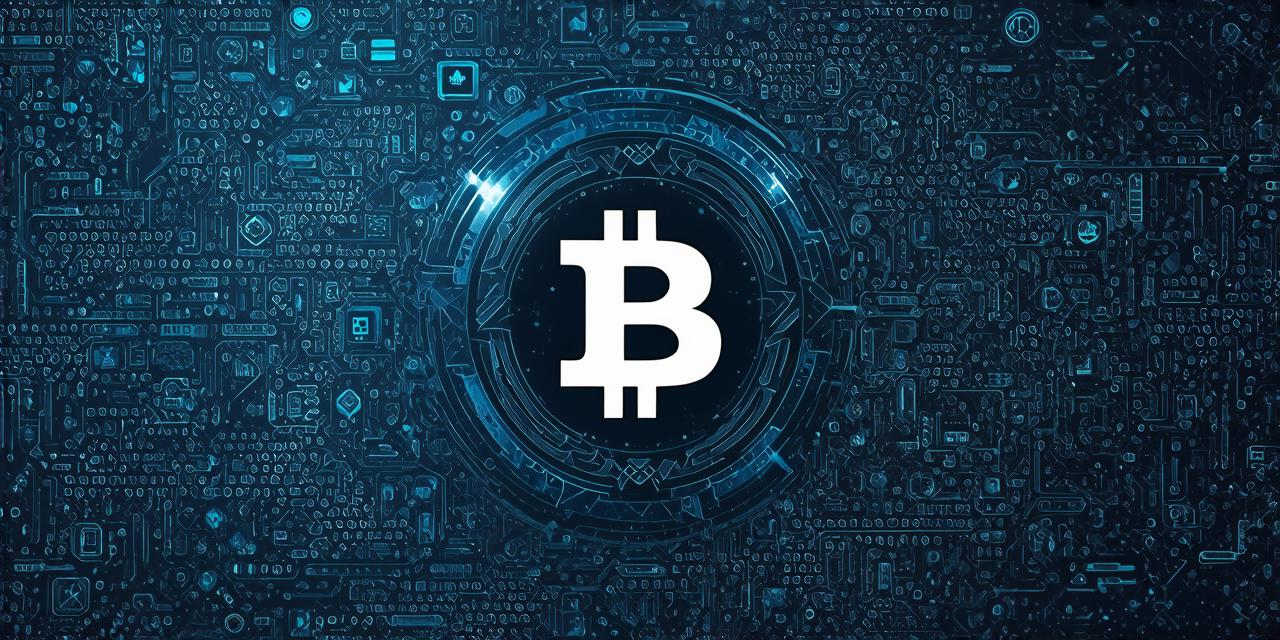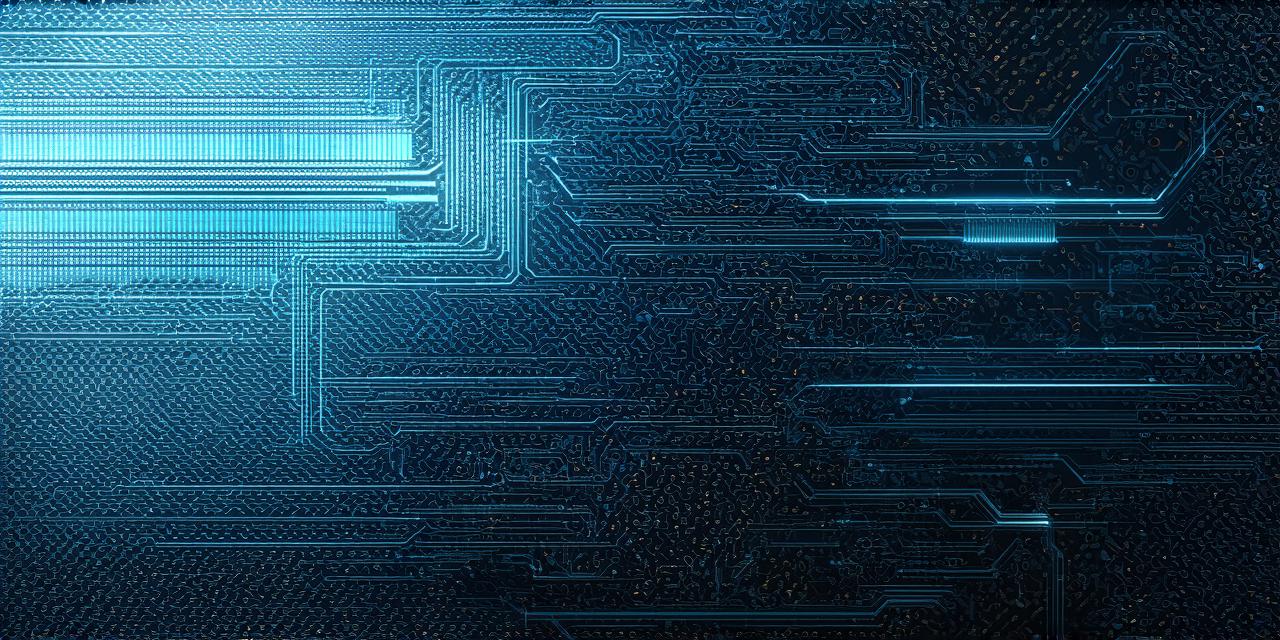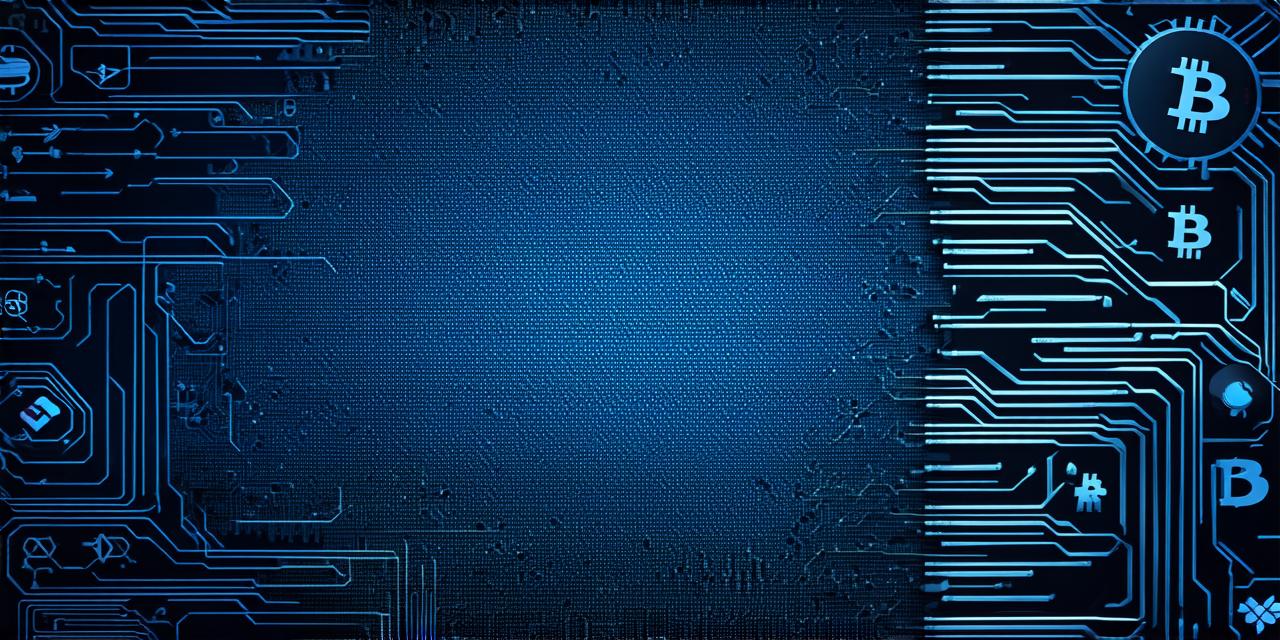Blockchain technology, which was initially developed to secure financial transactions, has now found its way into various industries, including healthcare. The decentralized and secure nature of blockchain makes it an attractive solution for storing and sharing sensitive patient data.
Blockchain in Healthcare: A Brief Overview
Blockchain technology allows for the creation of a distributed ledger that can store and manage data securely. In healthcare, this can be used to create a decentralized database of patient records, medical history, and other sensitive information. This allows healthcare providers to have access to up-to-date and accurate information about their patients, regardless of where they are located.
Increased Security
One of the main advantages of using blockchain in healthcare is increased security. By creating a decentralized database, patients have greater control over their data and can ensure that it is not accessed by unauthorized individuals. Additionally, the use of cryptographic algorithms ensures that the data is secure and cannot be tampered with or hacked.
Reduced Costs
Another benefit of using blockchain in healthcare is reduced costs. By creating a decentralized database, healthcare providers can eliminate the need for intermediaries and centralized authorities, which can significantly reduce administrative costs. Additionally, by providing patients with greater control over their data, healthcare providers can avoid costly legal battles related to patient privacy.
Improved Interoperability
Blockchain technology can also improve interoperability in healthcare. By creating a standardized format for storing and sharing data, healthcare providers can easily access patient information from multiple sources. This allows for more effective communication between healthcare providers and improves the quality of care.
Patient Control over Data
Finally, blockchain technology can help patients to gain greater control over their data. By creating a decentralized database, patients have the ability to choose who has access to their data and how it is used. This allows for more informed decision-making about their healthcare and can lead to improved patient outcomes.
Case Studies: Blockchain in Action
To better understand how blockchain technology is being applied in healthcare, let’s look at some real-life examples.
Medical Records

One of the most well-known applications of blockchain in healthcare is in medical records. By using blockchain technology to store and manage patient records, healthcare providers can ensure that patient data is secure and up-to-date. Additionally, this allows for more efficient communication between healthcare providers, which can lead to improved patient outcomes.
One example of a company that is using blockchain to store medical records is MediLedger. This platform allows healthcare providers to securely share patient data with other providers in real-time, which can help to reduce administrative costs and improve patient outcomes.
Supply Chain Management
Blockchain technology can also be used for supply chain management in healthcare. By creating a decentralized database of supply chain information, healthcare providers can ensure that medications are authentic and have not been tampered with. This helps to prevent counterfeit drugs from entering the supply chain and ensures that patients receive safe and effective medication.



